NATO's chief said on Tuesday that Russia's seizure of
Crimea remained a major sticking point, sounding a note of caution
a day after U.S. president-elect Donald Trump agreed to boost
cooperation with Russian President Vladimir Putin.
The U.S.-led military alliance wanted to keep talking to Moscow,
NATO Secretary-General Jens Stoltenberg said before talks with EU
defense ministers in Brussels.
But Russia's 2014 annexation of Crimea was an unacceptable
breach of Ukraine's sovereignty, he added.
His message was echoed by German Defence Minister Ursula von der
Leyen who said she was also concerned about Russia's military
activities in eastern Ukraine and Syria. "It is ... important not
to forget our principles," she added.
Germany and other European powers have said they are concerned
about what Trump's election win will mean for the United States'
commitment to NATO.
During campaign speeches, Trump had said Washington might not
defend a NATO member who had not paid its contributions to the
alliance and told ABC News in July he might recognize Crimea as
Russian.
"The message from NATO has been that we want dialogue with
Russia," said Stoltenberg, whose country Norway borders Russia.
"Russia is our biggest neighbor, Russia is there to stay and
especially when tensions run high and especially when we face many
different security challenges, it is important to have
dialogue."
Stoltenberg said he hoped NATO envoys and Russia's ambassador to
NATO, Alexander Grushko, could meet in the NATO-Russia Council
soon.
But he said: "We will never respect or accept the violation of
the territorial integrity and sovereignty of Ukraine."
The Kremlin says Crimea, where Moscow is building up its
military presence, is Russian land and its status non-negotiable.
In Putin's call with Trump both men agreed "to normalize relations
and pursue constructive cooperation on the broadest possible range
of issues," according to a statement from the Kremlin.
The United States and the European Union imposed sanctions on
Russia over Crimea in July 2014 and then tightened them in December
2014, banning EU citizens from buying or financing companies in
Crimea, whose annexation has prompted the worst East-West stand-off
since the Cold War.
Russia hopes the United States under Trump will repeal those
measures, potentially pressuring the European Union to do the
same.
Von der Leyen described the annexation of Crimea as "an open
point".
"We should also not forget that Russia bears a humanitarian
responsibility in Aleppo, where 250,000 people are threatened with
death from hunger," she added, referring to the northern Syrian
city where Russian air strikes are backing government forces
against rebels.
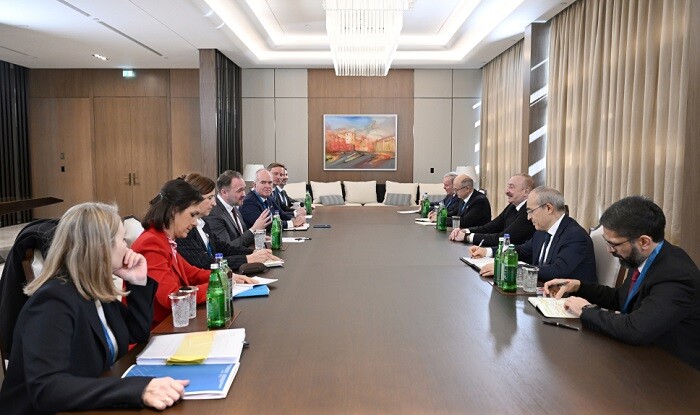

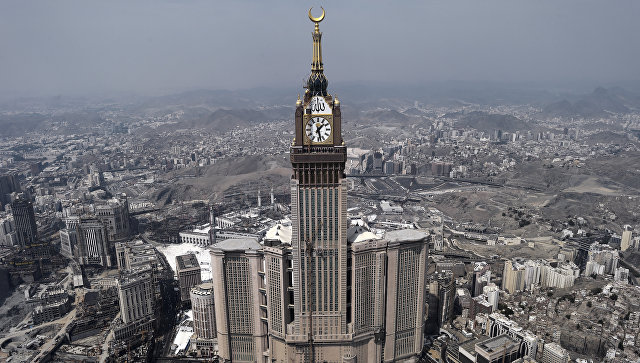
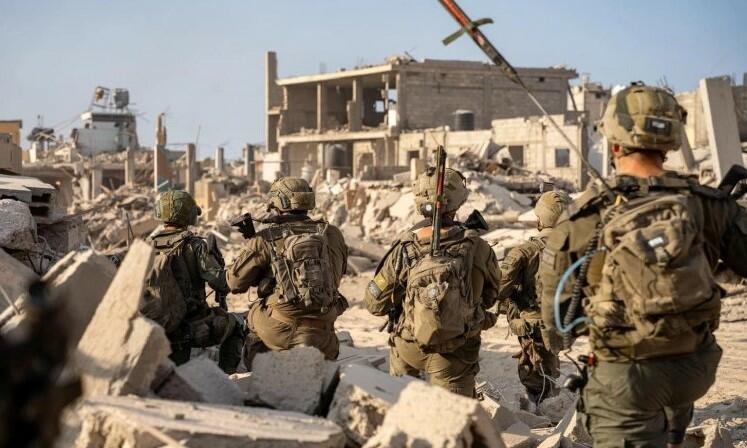
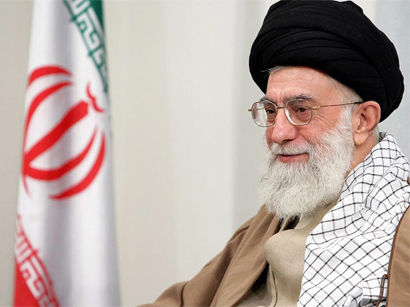
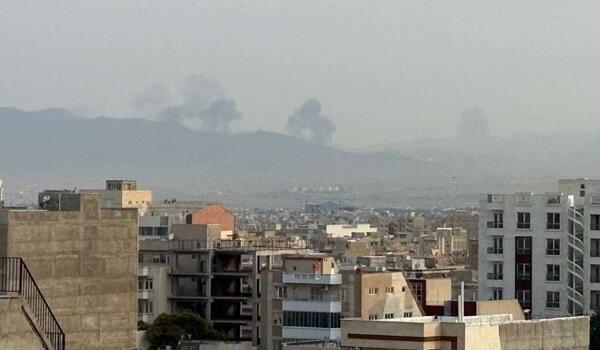
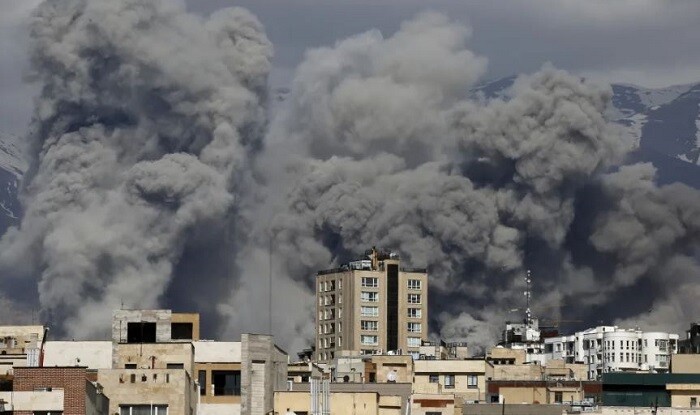
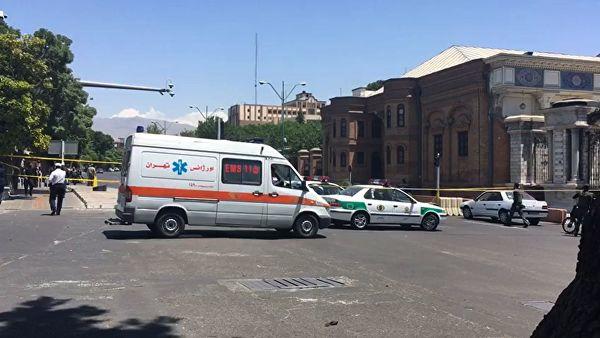
.jpg)
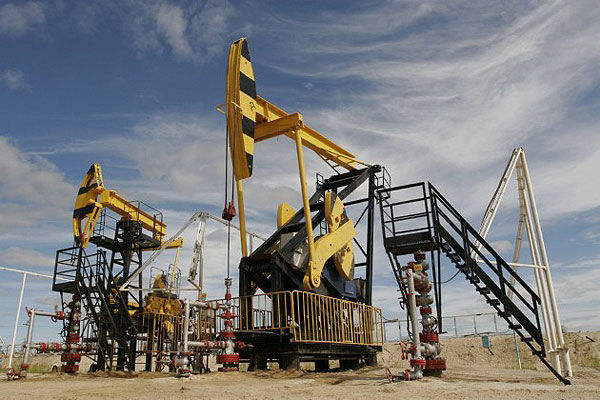
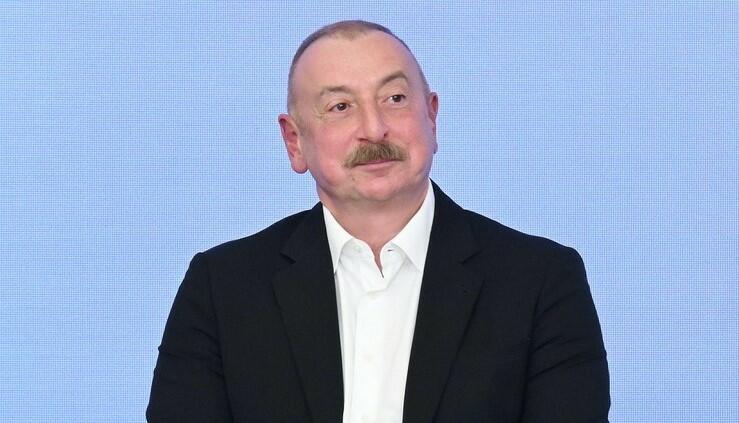
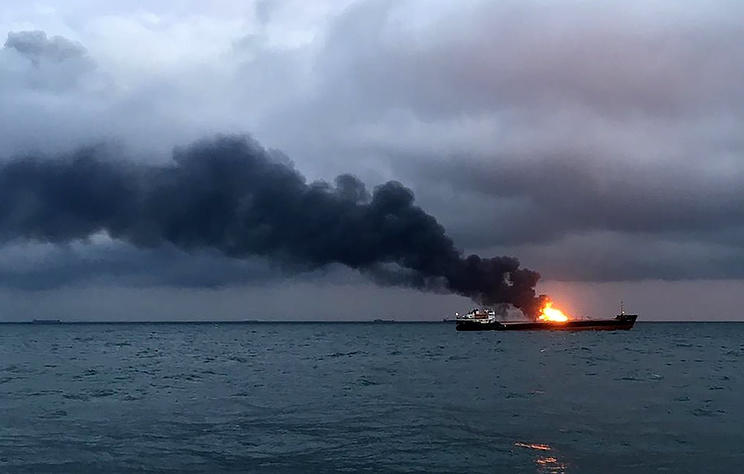
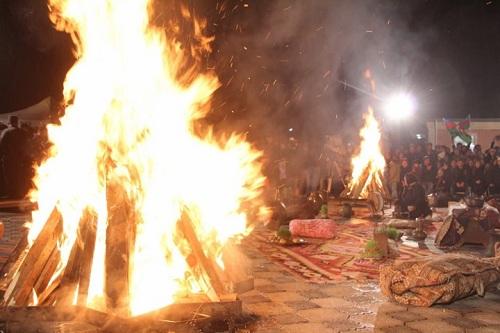
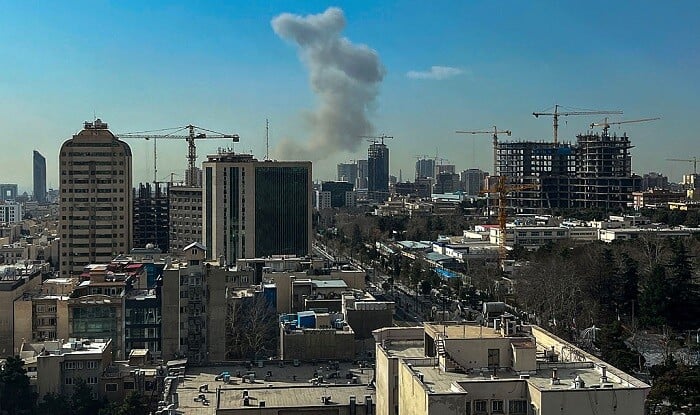
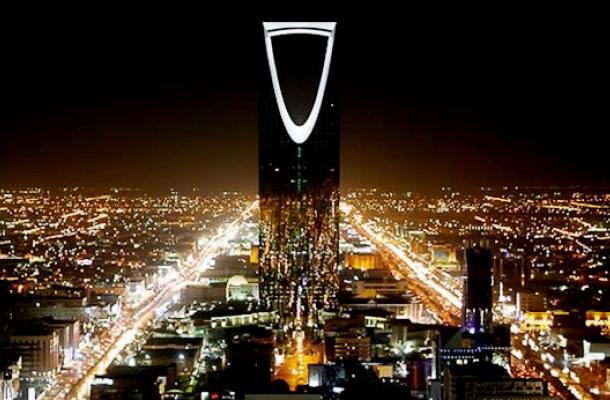
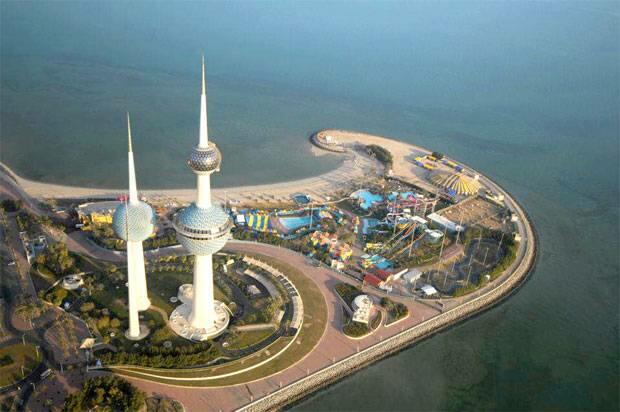

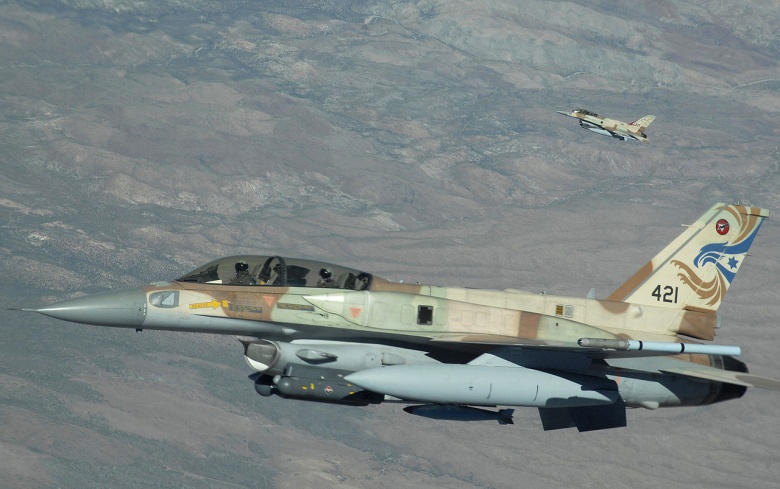
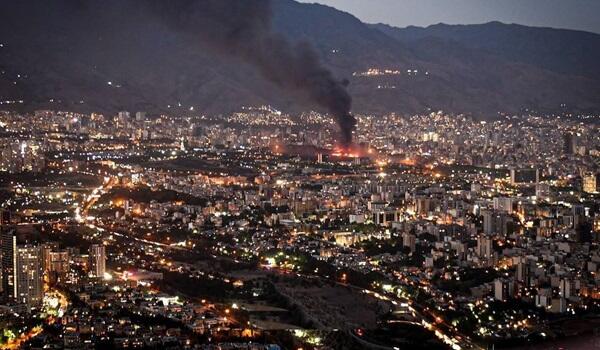

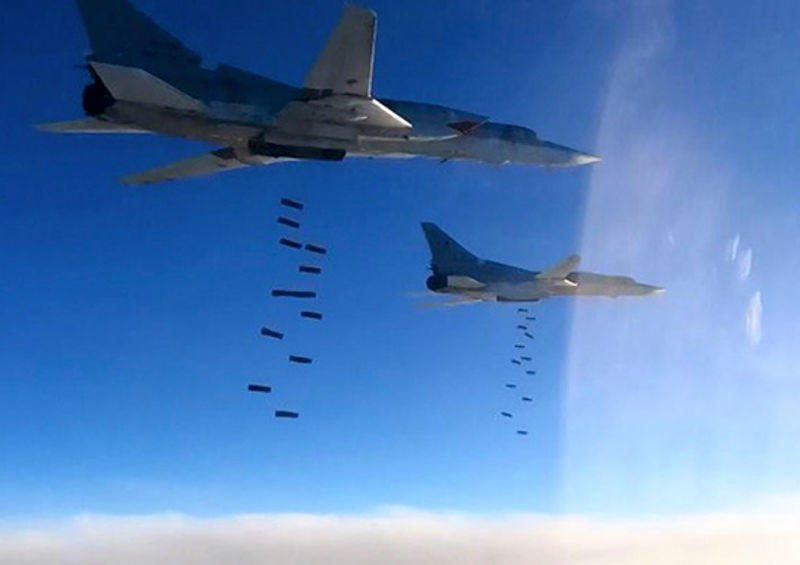

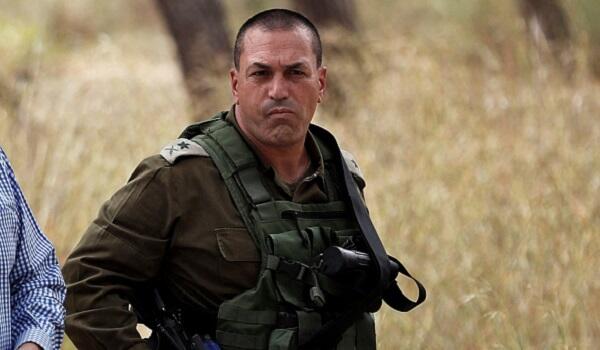
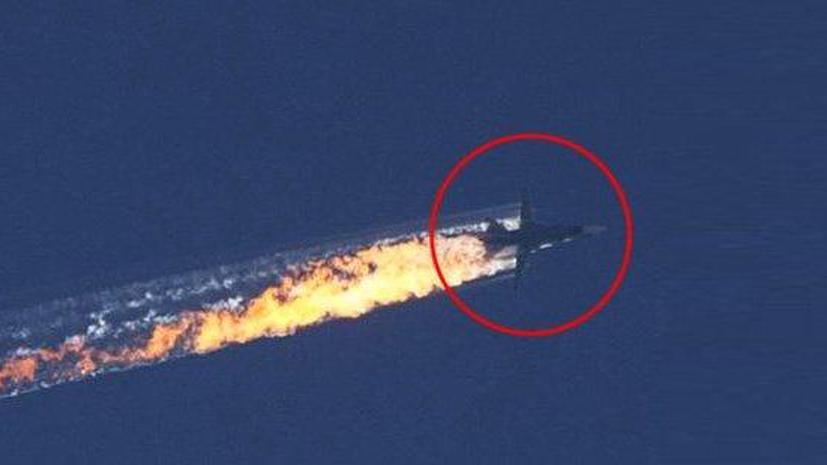
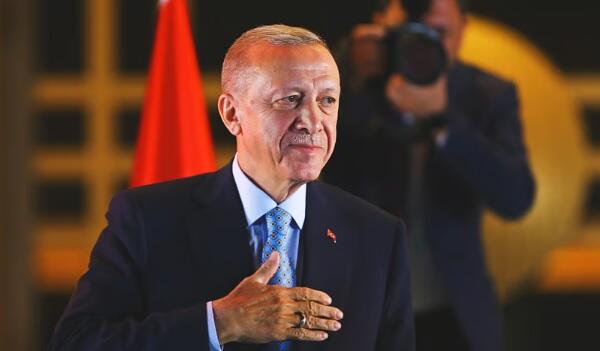
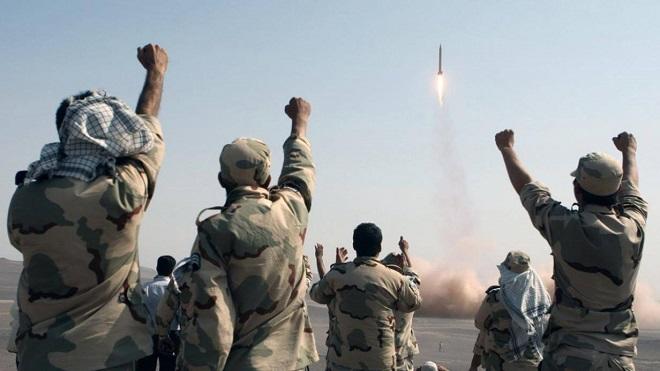
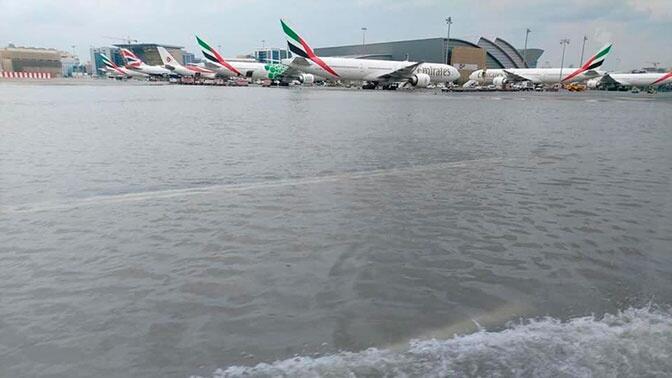
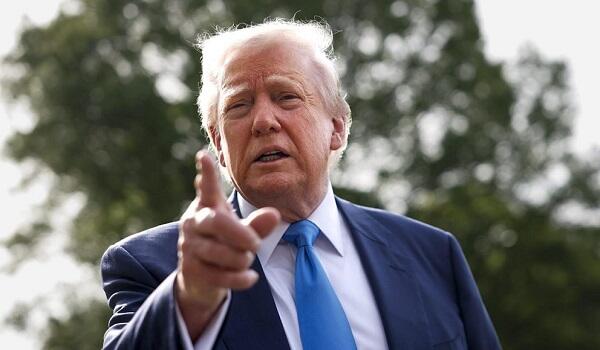
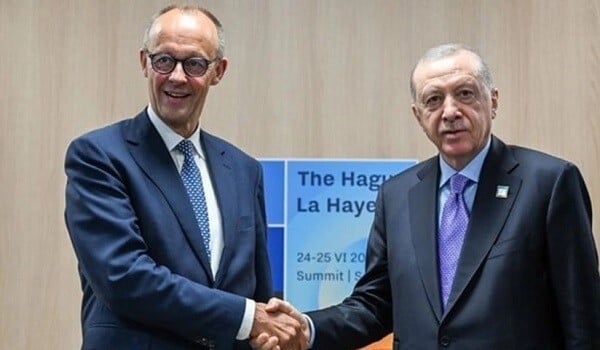
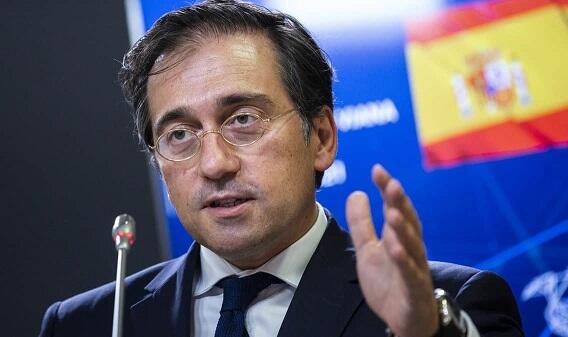
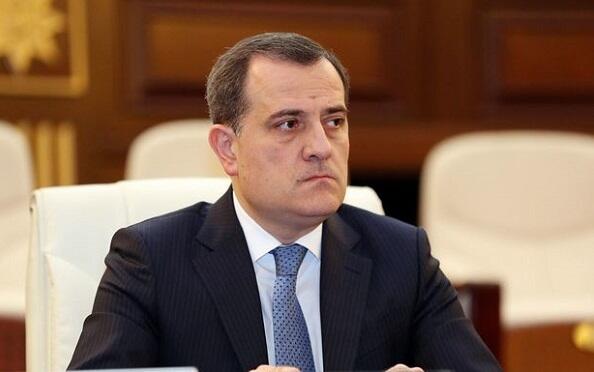







.jpg)





